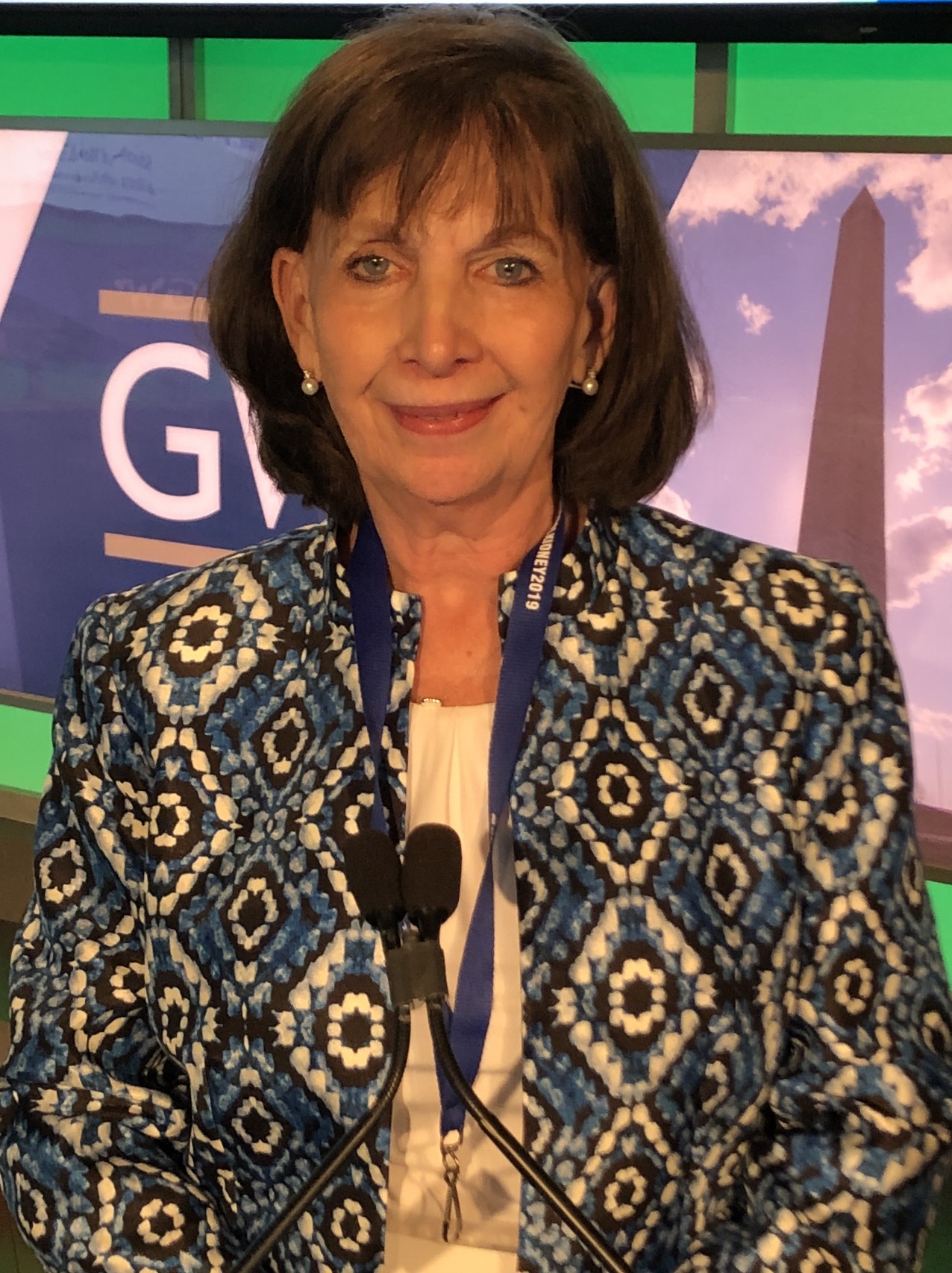By Suzanne Ruff
When my sister collapsed in critical condition because her kidneys had failed, I offered to become a living kidney donor for her. I immediately regretted my offer. It was sixteen years ago. I had never had surgery. I was terrified that my good health would be affected by having a kidney yanked out, terrified that my life would change. Would I still be able to swim, garden, hike and bike ride? How would my health be? Would I continue to live a full, active life?
Back then, there were not many stories of living donors or of people searching for donors as there are today. Since then I have met many living donors and altruistic donors, the real heroes in transplantation. People making sacrifices so a stranger could live. The donors deserve the passage of this bill. Many of them didn’t know and understand the world of organ donation and transplantation the way our family does.

Author Suzanne Ruff on why she is an AAKP member: https://www.youtube.com/watch?v=4tNcG7m7XBs&feature=youtu.be&ab_channel=AmericanAssociationofKidneyPatients
My family has had the bad luck of being cursed with a genetic kidney disease for the past seventy-five years. We have 23 family members who had or have polycystic kidney disease. There have been ten deaths in our family because of this disease, including our mother. To date there have been nine transplants to eight different people in the family. One of my sisters has had a double transplant: kidney and liver. We have four living donors within our family.
Yet, we are a strong courageous family. We have made countless contributions in the fight against kidney disease including one aunt who gave up her place, and her life, on the waiting list for a dialysis machine in the 1960’s so someone else could live, one uncle who donated his dialysis machine to his county before Medicare covered the cost of dialysis. He was the first transplant recipient in the family and agreed to try the new experimental drugs used for anti-rejection of a transplant, despite the risk of cancer. Our mother was the first of her siblings who benefited by Medicare covering the cost of her ten years on dialysis. Her gratitude for that knew no bounds after watching her mother die because there was no such thing as dialysis.
All their examples of courage helped me get past my fear to become a living donor.
When we began the testing process at the transplant hospital sixteen years ago, we also attended a seminar about becoming a donor. The surgeon who taught the seminar knew our family. Our mother’s kidney transplant in 1988 and our other sister had received a kidney transplant there in 1995.
Information at the seminar emphasized the absolute necessity of taking anti-rejection (immunosuppressive) drugs for the rest of my sister’s life. It was explained the cost of the immunosuppressive drugs would be 80% paid for during the first three years after transplantation, but after that the patient’s insurance would have to pay or the patient themselves. It was explained that when the law was written only three years of drugs were paid for was because at that point in time – that was how long a transplant was expected to give life to a patient . . . only about two or three years. How far we have come!
The transplant surgeon that day shared a story of a young 16-year-old patient who had received a kidney transplant from his mother. At the end of the three years of drug coverage, the patient was 19 years old and did not have insurance. He figured he didn’t need to take the anti-rejections drugs anymore because his donor was his mother. He figured wrong and lost the kidney his mother selflessly gave him.
There I sat in stunned silence because what if my sister didn’t take her medication after I was willing to lay down my life for her?
I think my sister saw the fear on my face. She leaned over and whispered, “I promise I will always take my anti-rejection medicine – always.”
She has ALWAYS taken her medication after all these years. There have been financial challenges, generic vs. doctor ordered medication issues, delivery of the medication and insurance snafus that resulted in stress and frustrations, but she is a highly compliant patient. Not to mention the great example our mother showed who lived fifteen years with a kidney transplant and now our sister has lived twenty-five years with her kidney transplant.
Today she is alive and healthy and so am I - sixteen years later. I don’t know what happened to that young man of nineteen who lost his mother’s kidney. But I grieve for them because I know of the sacrifice his mother made – all for naught. Because he couldn’t afford the anti-rejection medicine.
My sister and I have both been on Capitol Hill telling our story, hoping for passage of the immunosuppressive drug bill. As preemptive transplants are being encouraged today within the kidney community, I find it horrifying to think of all the living donors who risk making the sacrifice involved in being a living donor for naught: all because the recipient isn’t able to pay for their immunosuppressive drugs! Donors save the taxpayer a great deal of money by keeping the patient off dialysis.
The cost of the medication is less than the cost of a patient on dialysis indefinitely. We have a saying in our family: “Kidneys don’t grow on trees!” A transplanted organ is an incredible and generous gift. Please pass the Comprehensive Immunosuppressive Drug Coverage for Kidney Transplant Patients Act of 2020 for families like mine.
Make Your Voice Heard Today! Visit the AAKP Action Center to contact your representatives about the importance of supporting the Immunosuppressant Drug Coverage bill. https://aakp.org/center-for-patient-engagement-and-advocacy/action-center/


















